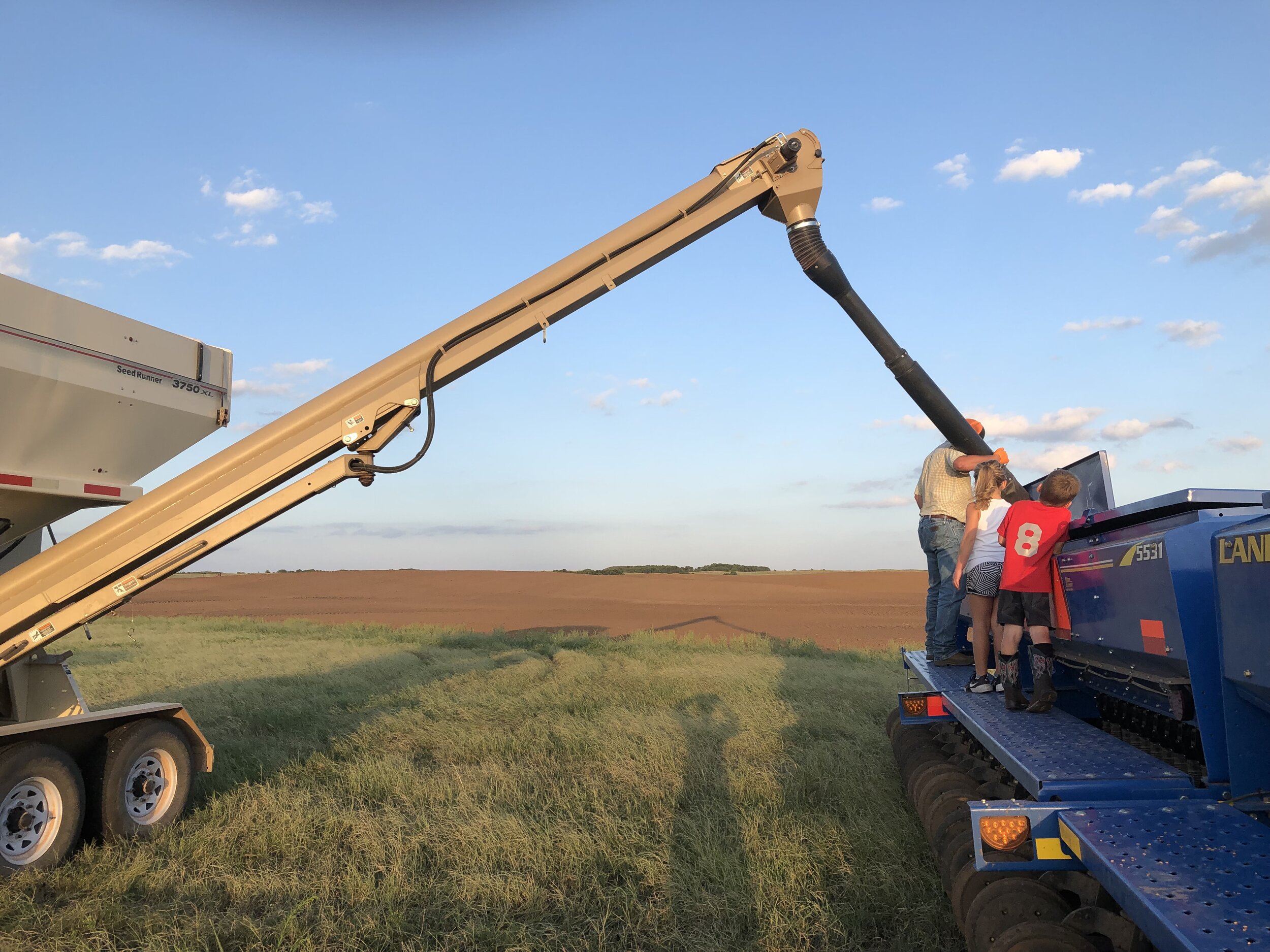Answering questions is just part of daily life when anyone between the ages of 3 and 8 are involved. My six-year-old stopped me in my tracks yesterday evening when she asked, “Mama, what were you doing 18 years ago when our country was under attack.”
The evening routine came to a halt, I took a seat on the kitchen rug next to her and I said, “I was 16-years-old, it was homecoming week and camouflage day at school. I heard the news over the radio when I was riding the bus from the High School over to the Ag Building.”
Then my 1st grader said, “We learned about that day at school today. I don’t really understand all of it.”
As I sat there on the kitchen rug, I showed her pictures of the buildings from September 11, 2001. I told her that there was a fourth plane, but it crashed into a field, after the passengers overpowered the hijackers. I tried to explain that those passengers, even though they lost their lives, were heroes because they gave up their own lives to save many others. While I can tell the story and look up pictures and facts all day long, I am still just like my 6-year-old . . . I don’t really understand all of it. It’s hard to fathom that many lives lost and that much destruction.
We’ve all spelled words out instead of saying them around children to avoid some sort of big toddler emotion. Part of me wishes that we could keep them innocent a little longer, but we can’t, so we talked.
We talked about where the events of 9-11 took place at in relation to where we live. We talked about knowing the difference between right and wrong and how the choices we make each day can impact everyone around us.
Lastly we talked about planting seeds. Yes, I said planting seeds.
Before this whole conversation started, we had just returned from the field where my husband was drilling wheat. We arrived just in time to watch him refill the drills with more wheat. My always thinking, semi-sassy, 1st grader marches over to her daddy and says, “We just harvested all this wheat, why are you planting it again?!?”
After a chuckle, it was explained that we save some seed back from the harvest to plant more wheat, so the cattle can graze on it this winter and we can harvest wheat again next summer.
For those that grew up immersed in agriculture, like myself, many life lessons were learned on the farm and if it was not directly learned on the farm, my parents usually had some real life story they told me to help me understand.
When my 1st grader started in with the tough questions about 9-11, without hesitation or even thinking about what I was doing, we started talking about planting seeds.
I asked her, “How many seeds does it take to grow one stalk of wheat?”
The semi-sassy 1st grader says, “One”.
Then I asked, “Is there just one kernel in a head of wheat?”
And my 1st grader replies, “No, there’s way more than just one.”
When we plant a seed, and we take care of it, it usually multiplies. We can plant all kinds seeds! Seeds of kindness, compassion, joy and comfort just by doing good things.
The more we talked, the more questions she had.
The question that struck me hardest was, “So, is our Country safe?”
My answer was, “There are a lot of people working very hard to make sure our Country is a safe place and I am so thankful for those people.”
Bad things happen. People make bad choices that can affect everyone and everything around them. In a world where things happen that we can’t always explain or understand, it’s important to continually plant little seeds and do good every single day. And you don’t even need a tractor to do that!
I’ll close by sharing what my husband always tells the kids on the way out the door, “Make someone smile today.”
So I’ll ask you, Who did you make smile today? What kind of seeds did you plant? Are you doing all the little things you can to make our Country a better place?
The cutest and smartest kids in the world helping their daddy fill the drills with wheat. There’s so much to smile about in this picture! The evening felt like fall, the grass is still green in September and of coarse the three people pictured. I just realized my shadow! Can I call it a family photo now?

